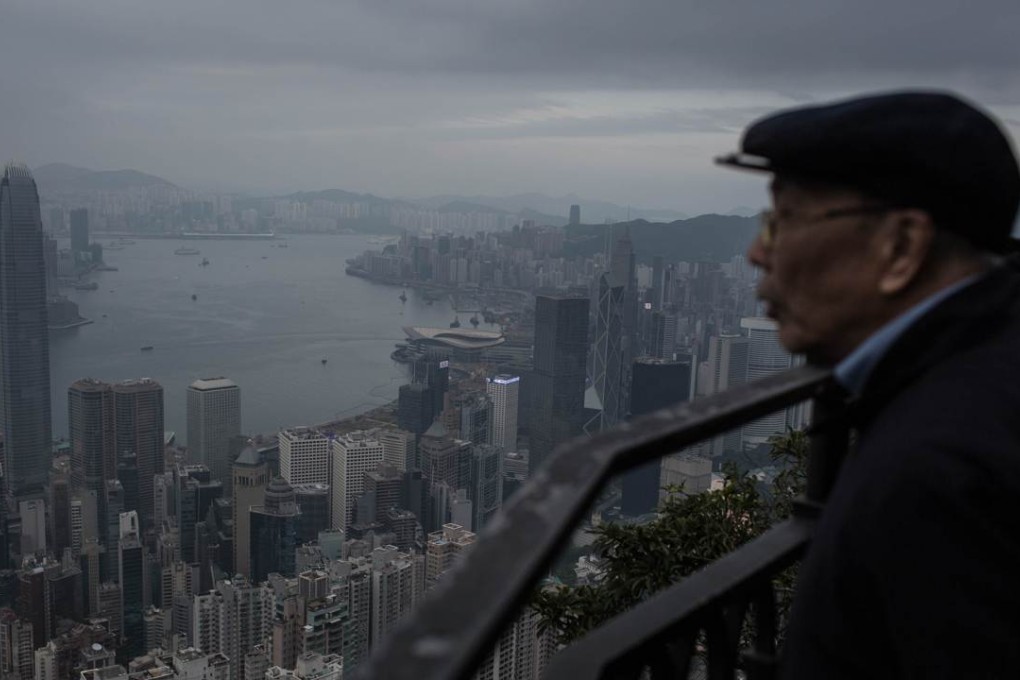New | Hong Kong home prices may not bottom for two to three years, analyst says
New home supply overhang to weigh negatively on asset values for next two years or longer

The supply overhang of new homes will peak in two years as the pipeline of projects launched in recent years mature to completion, lining up what could be a bad string of years for Hong Kong property prices, according to industry experts.
Thomas Lam, head of valuation and consultancy at Knight Frank, said the market might bottom out in about two to three years as a large supply of new flats would not roll out until 2017 and 2018.
“The latest round of price correction will last for several years,” he said.
The latest round of price correction will last for several years
As a result of the gloomy outlook, property developers are likely to accelerate their project launches to compete for prospective buyers before the market cools further, analysts say.
Hong Kong home prices eased 6.9 per cent in the fourth quarter from the third, as buyers shied away amid signs the market had topped out.
Home sales in December fell 32 per cent to HK$29.8 billion from a year earlier, according to the Hong Kong Land Registry.
Wong Leung-sing, an associate director of research at Centaline Property Agency, believes average completion of new flats could reach 20,000 per year from 2016, adding pressure upon developers to speed up sales.
“Otherwise, a stockpile of unsold homes will accumulate as new homes are completed,” he said.